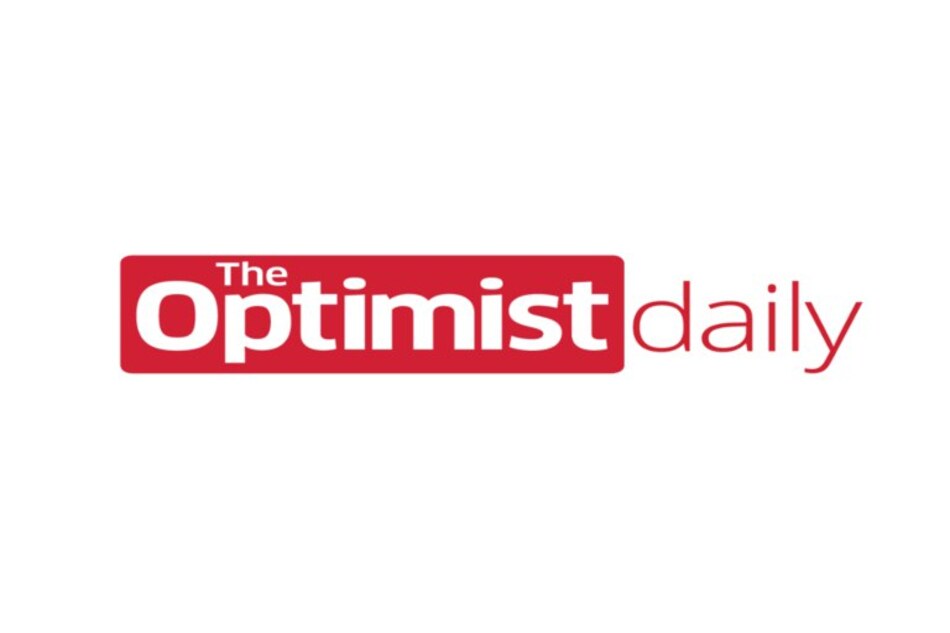Some aid trucks that provide food and emergency services in Ukraine have trouble reaching those in need because urban structural damage blocks the way. Ongoing violence also makes it difficult.
To address this, the UN’s World Food Programme (WFP) is working with the tech firm Uber to get food where it needs to go.
Uber began a “private-label” version of its delivery platform specifically to help Ukrainians in need. With its fleet of smaller vehicles, its drivers can get food, water, and supplies to areas that larger WFP trucks might not be able to reach.
The WFP is vetting and selecting the drivers themselves. Although, many are former Uber drivers who worked in Ukraine before the Russian invasion.
“Private-label”?
This iteration of Uber delivery is customized to the WFP and the crisis in Ukraine. The Uber Delivery platform is usually used by large corporations like Apple and Tesco. However, in Ukraine, Uber is providing this specialty service to the WFP for free.
Its software enables Uber to coordinate distribution and keep an eye on drivers within 62 miles of their warehouses. It is being trialed in the city of Dnipro, and once proven hopefully brought to Lviv, Vinnytsia, Kyiv, and Chernivtsi.
Uber’s platform adapted quickly after making contact with WFP.
“It’s not like you can wait a month to get food to people – people have got to get food immediately,” said WFP executive director David Beasley.
“You can’t go a few weeks without food, and so using Uber’s technology, their distribution systems, their dispatch systems… it really is a great success story.”











